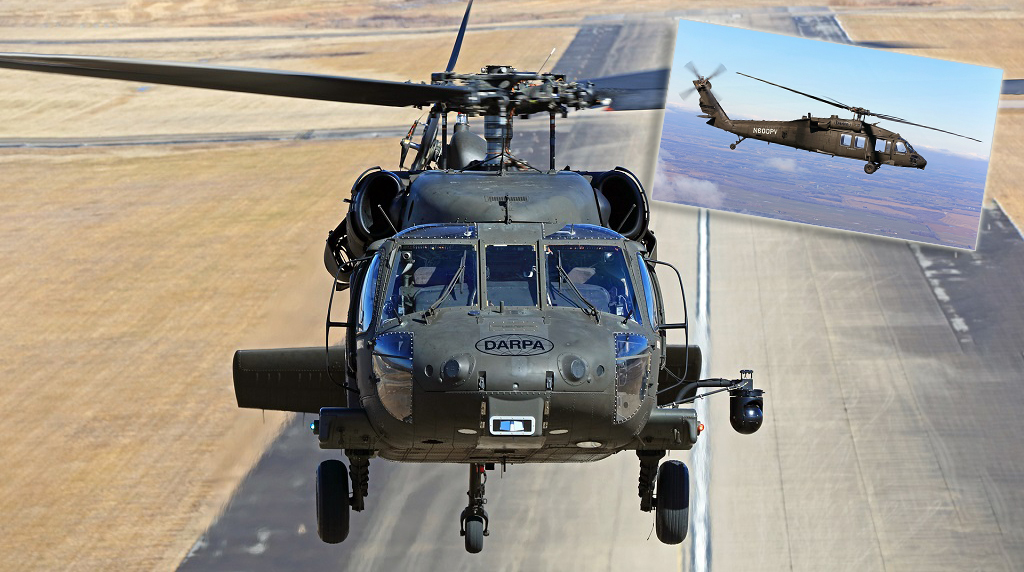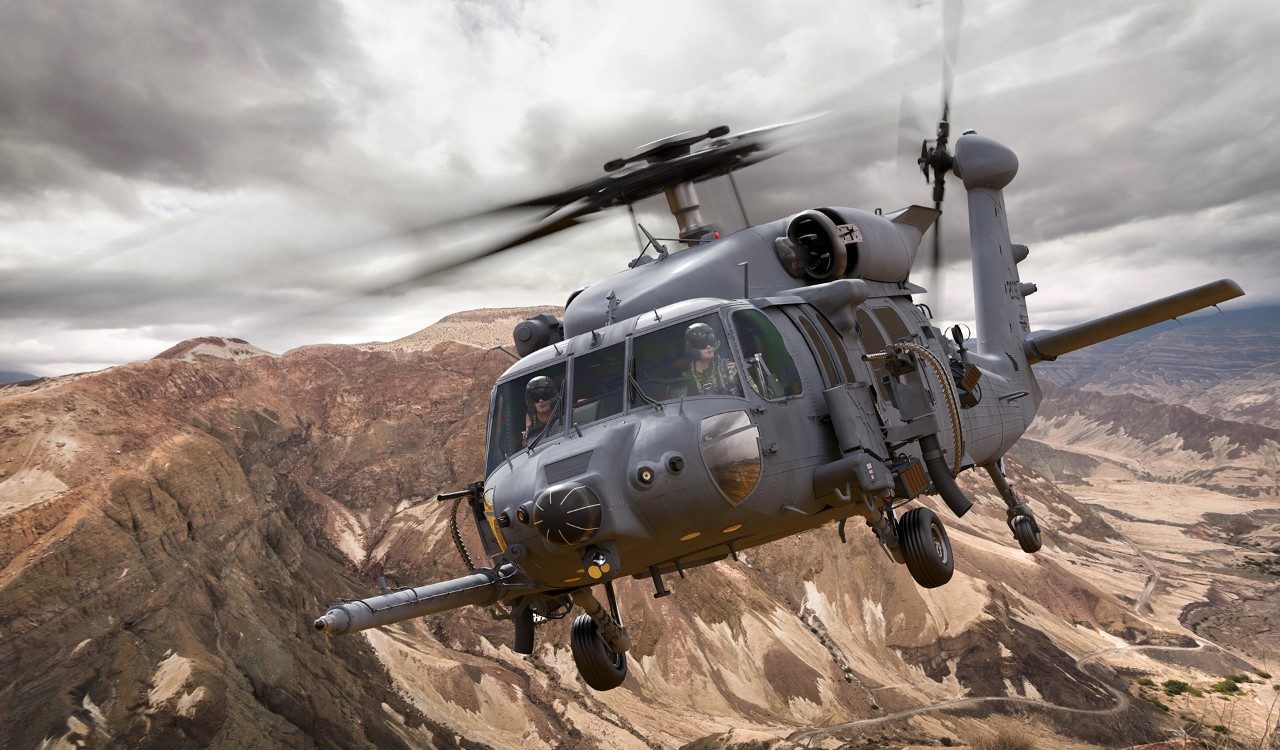Background and Advancement of the UH 60 Black Hawk Helicopter
Background and Advancement of the UH 60 Black Hawk Helicopter
Blog Article
The Function of Airplane fit Global Transportation and Trade Dynamics
The advancement of airplane has actually indelibly transformed global transportation and trade characteristics, facilitating extraordinary degrees of connection and performance. With the facility of robust air freight networks, companies can now navigate international markets with exceptional speed and dexterity, thereby redefining supply chain strategies. Nevertheless, this makeover is not without its obstacles, as the aviation sector comes to grips with sustainability problems and governing stress. As we check out the diverse effects of aircraft on international trade, it is important to consider just how these aspects will form the future landscape of aviation and its function in the economy.

Evolution of Air Transportation
The evolution of air transportation has actually been noted by substantial technological advancements and technologies that have actually changed the way people and items cross the globe. From the Wright siblings' initial powered trip in 1903 to the development of supersonic jets, each turning point has emphasized the ruthless pursuit of efficiency and speed in flight. Early airplane were mainly primary, limited by engine power and structural honesty. The intro of sophisticated materials and the rules of aerodynamics in the mid-20th century led to significant enhancements in airplane performance, integrity, and security.
The last part of the 20th century observed the appearance of business aviation as a sensible setting of transport, identified by the introduction of jet engines, which revolutionized flight by considerably reducing flight times. In addition, developments in navigation and interaction innovations have actually enhanced operational performance and safety and security, permitting more complicated trip routes and schedules. The rise of air cargo in parallel with guest solutions has further emphasized the convenience of aviation. As we look to the future, emerging modern technologies such as electrical and autonomous aircraft pledge to redefine the air transportation landscape, making certain ongoing advancement and adaptation to worldwide needs.
Influence On Global Profession
Air transportation has profoundly improved global trade by assisting in the swift movement of items across huge ranges. This expedited logistics capacity enables companies to react quickly to market demands, therefore boosting supply chain performance. The ability to move perishable products, high-value things, and time-sensitive items has actually opened brand-new markets and chances for various industries, dramatically affecting profession patterns.
Furthermore, the advancement of air freight networks has fostered globalization, allowing firms to source products and products from different parts of the world seamlessly. This interconnectedness reduces lead times and costs, allowing services to continue to be affordable in a significantly global marketplace. In addition, air transport plays an important function in shopping, where customer expectations for fast shipment have actually driven a surge sought after for air freight services.
The influence of airplane on worldwide profession encompasses the production of calculated trade routes, linking areas and assisting in international collaborations. Nations that buy air transport facilities frequently experience enhanced financial growth and boosted international direct financial investment. Generally, the evolution of air transport has not only transformed the logistics landscape however has likewise become an essential part in the dynamics of worldwide trade.

Financial Benefits of Air Travel
A durable aeronautics sector generates considerable economic advantages, adding to job creation, tourist, and total economic development - uh 60. The air travel sector sustains countless work internationally, varying from straight employment in flight terminals and airlines to indirect functions in sectors such as friendliness, transportation, and logistics. According to industry records, for every single task in the aviation field, around 3.5 added tasks are produced in the wider economy
Tourist is an essential element of the financial benefits obtained from aeronautics. Flight facilitates worldwide tourism, allowing tourists to explore diverse destinations, which in turn promotes regional economies. Countries that buy their aeronautics framework usually experience enhanced tourist arrivals, bring about greater spending on services such as hotels, dining establishments, and tourist attractions.

In addition, aeronautics boosts worldwide connectivity, allowing services to access new markets find out here and resources efficiently. As a result, markets such as e-commerce and production benefit greatly from reliable air transportation, more driving financial growth.
Difficulties Dealing With the Aeronautics Market
Navigating a complicated landscape of governing, ecological, and economic obstacles, the aviation industry encounters substantial hurdles that intimidate its sustainability and development. Laws bordering safety and safety and security are constantly progressing, necessitating recurring conformity and adaptation from manufacturers and airline companies (uh 60). This can cause raised functional prices and source allotment that takes away from development and development initiatives
Furthermore, ecological worries have actually come to be extremely important, with expanding scrutiny over carbon emissions and environmental pollution. The sector is under pressure to embrace greener practices and technologies, which usually require significant financial investment in study and advancement. Balancing these environmental duties with the demand for air traveling provides a substantial challenge.
Economic variations, such as rising fuel prices and geopolitical unpredictabilities, better make complex the landscape. Airline companies frequently face volatile operating expense and fluctuating passenger demand, which can influence profitability and long-term planning. Labor shortages and skill voids in critical areas include an additional layer of complexity, hindering functional effectiveness.
Ultimately, dealing with these diverse obstacles is crucial for the aviation industry to maintain its crucial role in worldwide transport and profession, while making sure resilience and adaptability in a significantly competitive market.
Future Patterns in Flight
Arising modern technologies and shifting customer preferences are positioned to improve the future of air traveling substantially. The assimilation of expert system and device learning is expected to improve functional effectiveness, improve airport procedures, and enhance customer care. Anticipating analytics will certainly help with much more exact demand forecasting, permitting airlines to enhance flight timetables and pricing models.
Sustainability is becoming a vital motorist in flight, with the air travel sector progressively concentrated on minimizing carbon exhausts. Technologies in airplane style, such as electric and hybrid propulsion systems, are being explored to satisfy environmental targets. The fostering of lasting air travel fuels (SAFs) is anticipated to play an essential role in achieving net-zero exhausts by 2050.
Consumer choices are changing in the direction of customized traveling experiences. Airline companies are purchasing advanced information analytics to customize solutions and improve consumer involvement, making certain a much more personalized trip from booking to arrival. Additionally, the increase of remote work might lead to raised demand for recreation traveling, as individuals look for to combine work and vacation.
Conclusion
To conclude, aircraft dramatically affect worldwide transport and profession dynamics by assisting in fast activity and boosting supply chain efficiency. The development of air transportation has actually changed international trade, generating considerable economic advantages while also offering difficulties that require strategic administration. Future trends indicate an ongoing visit this site right here dependence on aviation for commerce, highlighting its important function in globalization and economic growth. The recurring adaptation of the aviation industry will be necessary for maintaining its contributions to the worldwide economic climate.
The last part of the 20th century observed the development of business air travel as a practical mode of transport, defined by the introduction of jet engines, which changed air traveling by considerably decreasing trip times. The rise of air freight in parallel with passenger solutions has additionally underscored the versatility of aeronautics. Furthermore, air transportation plays a vital duty in shopping, where customer expectations for fast shipment have driven a rise in need for air freight services.
Generally, the advancement of air transport has not just changed the logistics landscape however has likewise come to be a crucial element see it here in the characteristics of global profession.
Sustainability is ending up being a vital vehicle driver in air traveling, with the air travel industry progressively concentrated on lowering carbon discharges.
Report this page